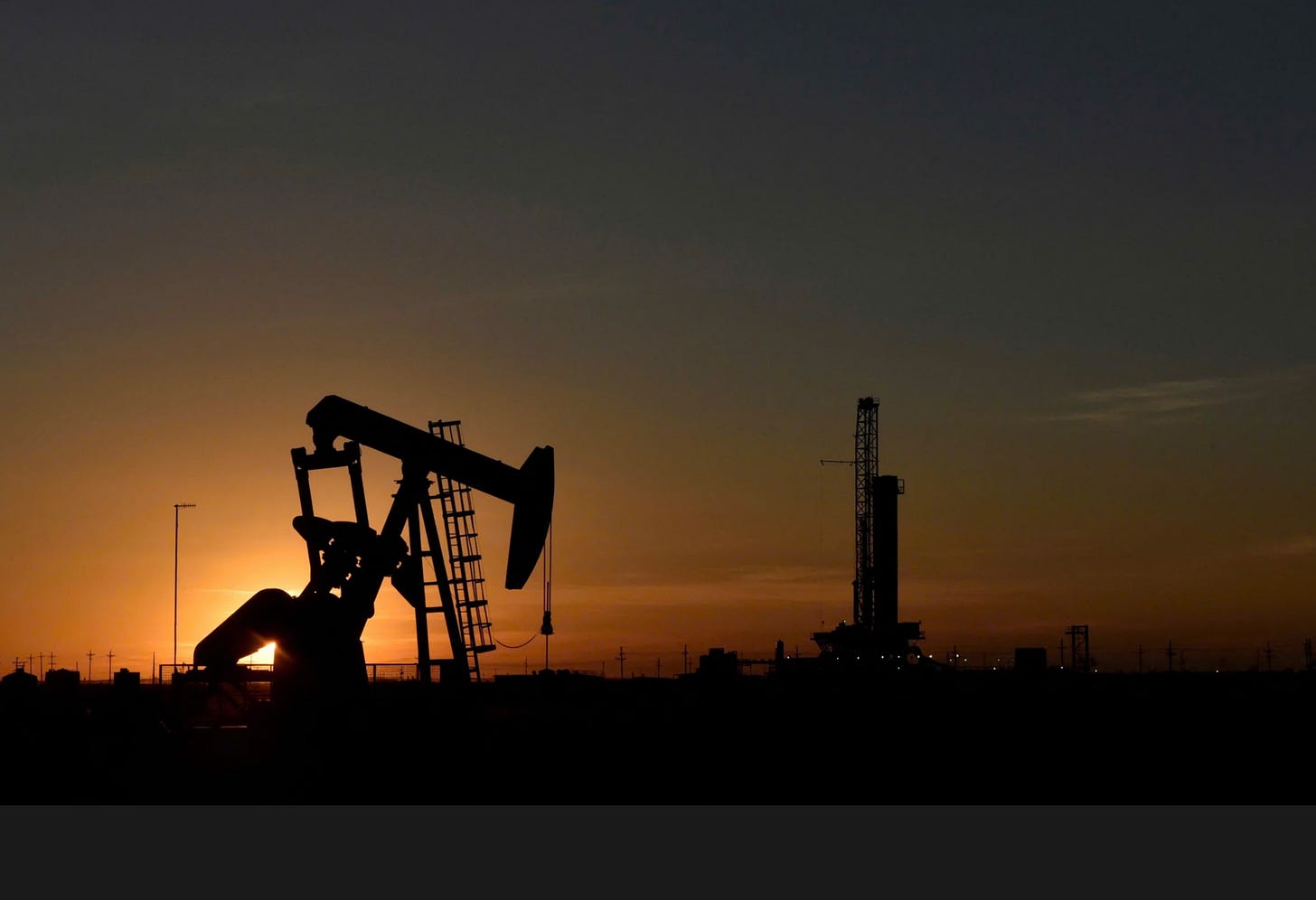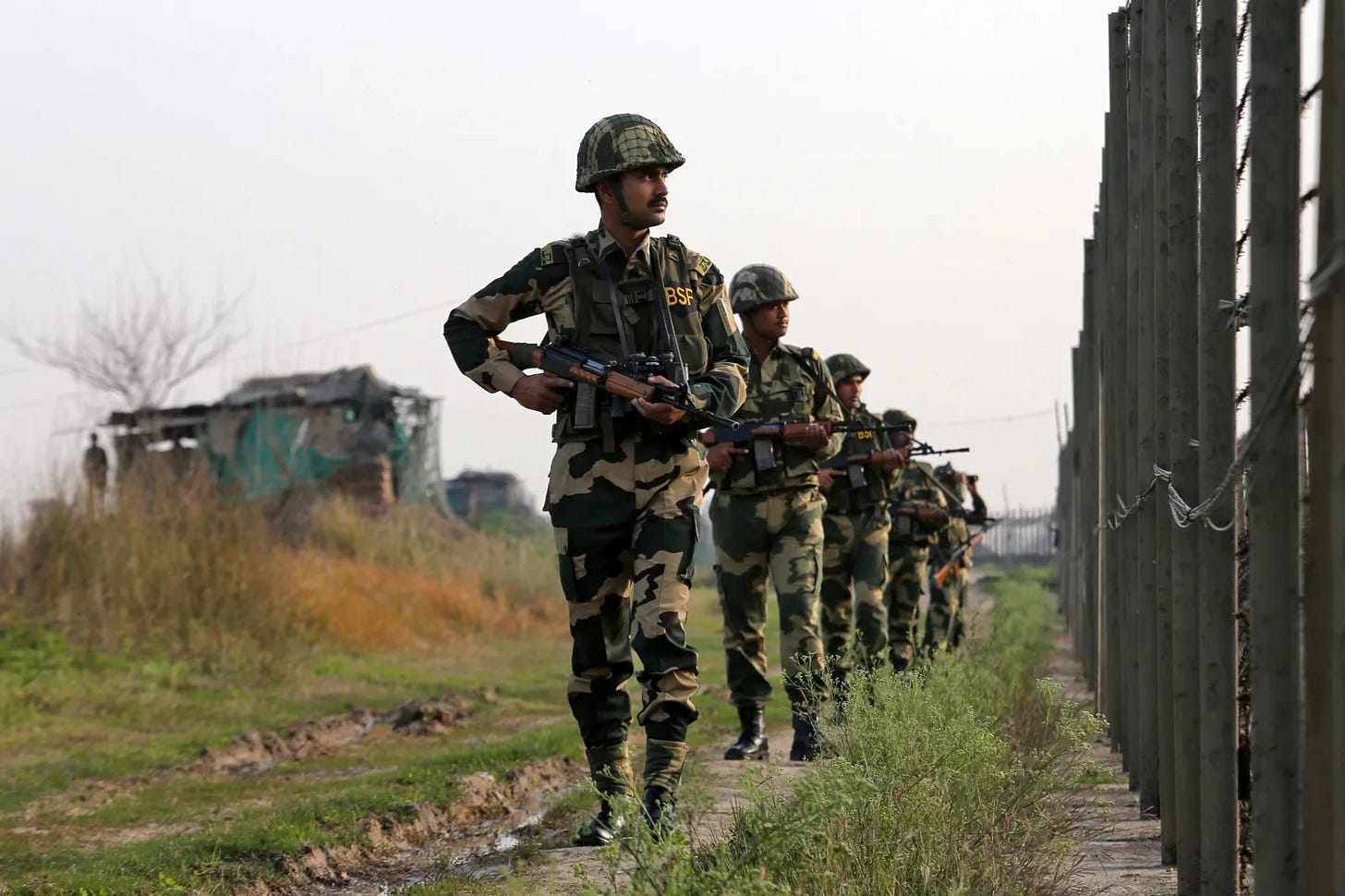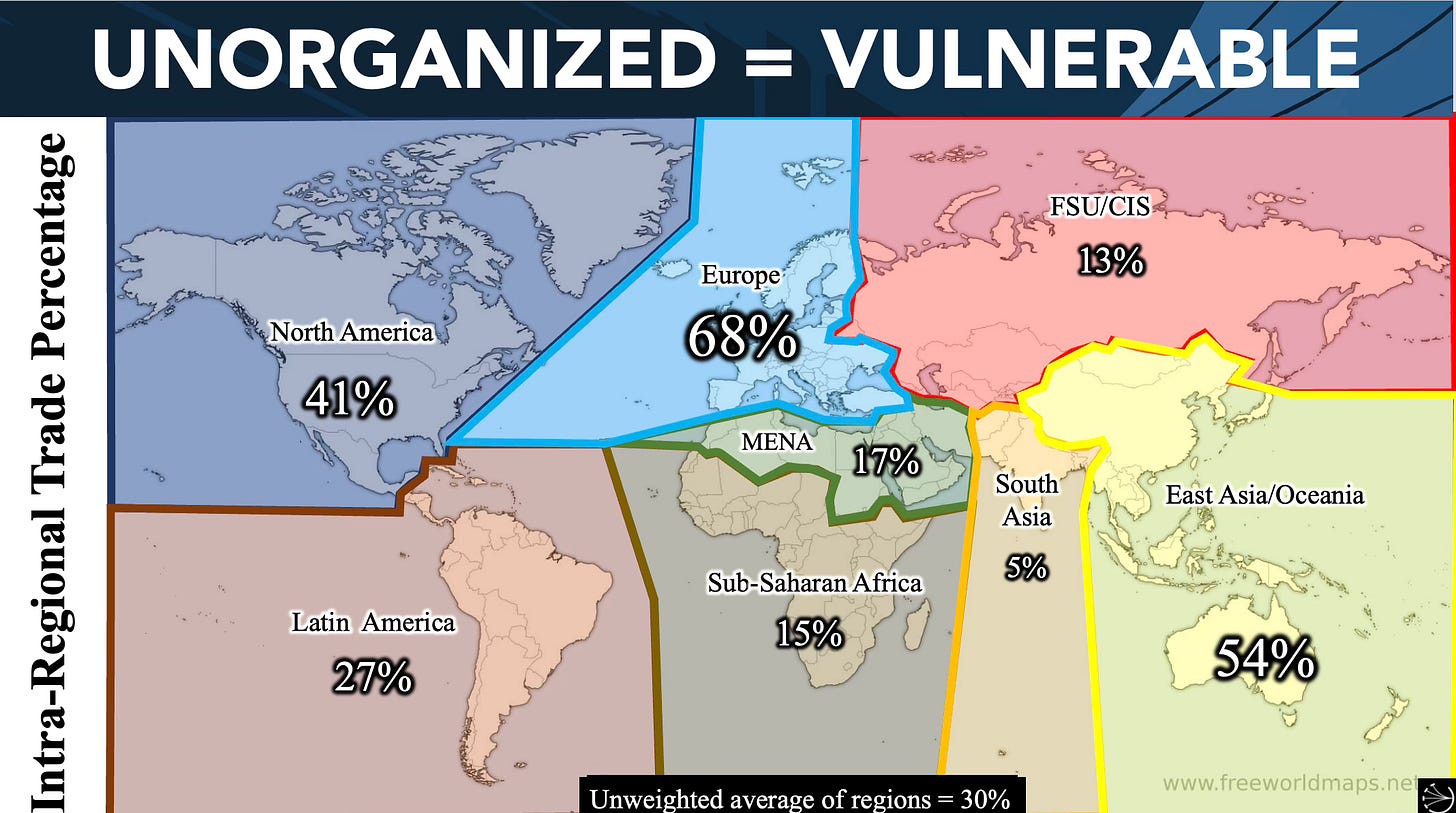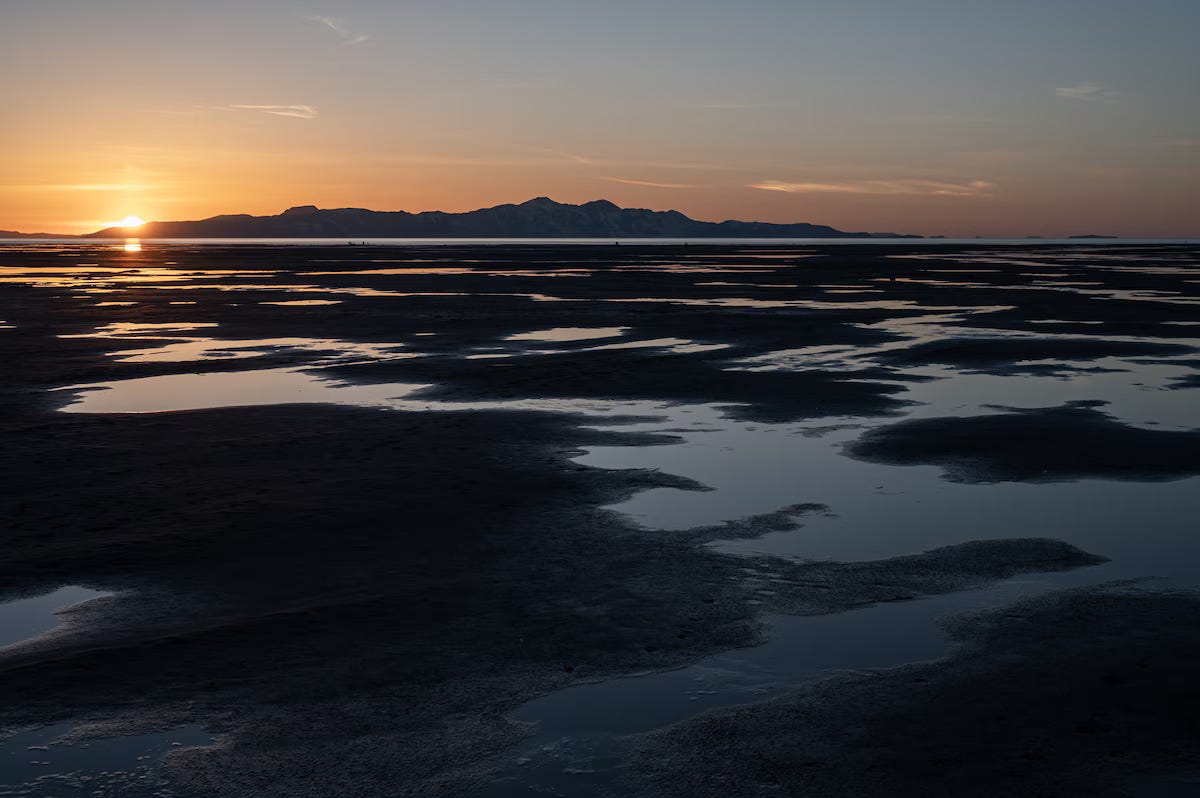1) This is the end, beautiful friend
NEWSWEEK: Ukrainian Support for Ceding Territory Surges
In a stubborn war of attrition, Ukraine cannot win. It’s short 100m in population relative to Russia. So long as Putin is willing to kill his own day-in and day-out, Ukraine getting back lost territory seems like a chimera.
So, no surprise:
The proportion of Ukrainians who support territorial concessions to Russia in exchange for peace is rising, according to polling by the Kyiv International Institute for Sociology (KIIS).
Yes, the West can be accused of being willing to fight to the last Ukrainian. So long as the Ukrainian people willingly make that sacrifice, their government can push the fight.
But Ukraine will lose the numbers game eventually, meaning a swap will be necessary: lost territories for gained admission into both the EU and NATO.
And if Putin can’t live with that (and maybe he can’t because he needs the war to continue at this point to keep his regime whole), then we’re looking eventually at more scorched earth tactics from both side along the lines of, if I can’t have it, then nobody’s gonna have it.
There is no point to that outcome. But never underestimate stupidity.
2) The Filthy 57
GUARDIAN: Just 57 companies linked to 80% of greenhouse gas emissions since 2016
The wow factor here is palpable:
A mere 57 oil, gas, coal and cement producers are directly linked to 80% of the world’s global fossil CO2 emissions since the 2016 Paris climate agreement, a study has shown.
This powerful cohort of state-controlled corporations and shareholder-owned multinationals are the leading drivers of the climate crisis, according to the Carbon Majors Database, which is compiled by world-renowned researchers.
The slope (drawn from the actual report) should seem familiar enough by now:
The breakdown between types of companies/entities is pretty evenly split:
Nation-states ring in at 38%, state-owned companies at 37%, and public companies at 25%, so, even if you regulate all the public ones, you can’t really touch 3/4ths of the problem.
And that’s where the growth is really happening: Asian governments burning more coal to meet their skyrocketing electricity needs. China’s state coal production, by itself, accounts for 14% of global CO2 emissions presently.
Virtually all of the Western energy companies have net zero emission plans. We can argue about the effort, but it’s at least there on paper.
But nation-states? They are far harder to push around, if one can at all.
3) Dirty deeds, done dirt cheap!
NYT: This Dirty Industry Is Better Off Operating in America
WAPO: How fracking could unlock a clean energy future
All sorts of strange bedfellows emerging.
Like maybe you frack, but instead of bringing up oil and gas, you’re just running water through the cracked bedrock it so the earth heats it up passively and then that steam powers your turbine.
Or that recent research saying we can extract all the lithium we need from fracking wastewater.
You can say, not here! But it’s going to be somewhere:
Although America has abundant deposits of many of the critical minerals that go into our vehicles, electronics and buildings, these materials are mostly mined abroad in poorer nations where labor is cheap (or worse, workers are enslaved) and environmental laws are more permissive, rarely enforced or easily sidestepped with bribes.
The decline of domestic mining means that Americans are outsourcing the environmental and social costs of our inexpensive consumer goods to lower-income nations.
The demand for environmentally-hard-to-mine minerals is only going to increase as we seek to get off fossil fuels, so … strange bedfellows it is.
There is a solid argument for DIY:
The ethical and strategic way to handle this situation is for the federal government and environmentalists to encourage this industry to return to the United States and to hold it to the highest sustainability standards.
It just requires us to transform the mining industry— probably a much long overdue item.
4) American businesses are doing half as well as I should like; and I like less than half of them half as well as they deserve
WAPO: U.S. is making progress on its climate goals — but still falling short
The story is not half bad:
The United States is reducing planet-warming emissions faster than ever before but is still falling short on its commitment to cut such pollution in half by 2030, according to an analysis released Tuesday.
The annual report by the independent research firm Rhodium Group projected that the United States will reduce greenhouse gas emissions by 38 percent to 56 percent below 2005 levels in 2035. Under the Paris climate accord, the United States has pledged to cut its emissions between 50 percent and 52 percent by the end of this decade.
Still, experts emphasized, these findings demonstrate that the Inflation Reduction Act, pollution controls and the nation’s broader shift to renewable energy are delivering significant results.
Remember this when we talk the Chinese or Asians more generally: You can chase renewable energies like crazy and still end up producing that much more CO2 simply because your growth rates command it.
Remember this also with Biden’s administration: the guy made a real difference whereas Trump is promising us severe backward traction.
Point is, if you go back ten years and were to propose these great numbers, you would have been laughed at. So, right direction, just not at the desired speed.
And yeah, elections matter.
5) You had me at 19 words
WAPO: Kamala Harris said 19 words in 2018 that taught us all we need to know
Kamala working Kavanaugh back in the day.
True sign of intelligence is the ability to reframe or even reverse frame.
I don’t even want to think how long it would have taken me to come up with that question.
This is why Harris was my preferred pick in 2020. Bad choice by me, because I knew the Dems would never repeat with a woman right after Hillary — too scary.
But I was impressed then and remain so today.
I am now VERY EXCITED for this election, as is my almost-18-year-old African American daughter.
6) If it’s too hot, then get out of the factory!
WAPO: The U.S. has a plan to protect workers from heat. Employers are fighting it.
AP: Takeaways from AP story on dangerous heat threats to greenhouse workers
We’ve all driven past these facilities. They are stunning to behold.
And, in turns out, extremely dangerous places to work — go figure.
The Biden Administration is pushing new rules:
The proposal sets out two heat index triggers that would apply nationally. One, at 80 degrees, would require employers to offer drinking water, rest breaks as needed and a plan for new workers to gradually increase their workload so their bodies adjust to the temperature. More protections would kick in at 90 degrees, including monitoring for signs of heat illness and mandatory 15-minute breaks every two hours.
The proposal is more than two years in the making and won’t become final until at least 2026. Yet it is already facing stiff resistance. Employers in industries from agriculture to construction, tourism and oil and gas extraction have argued that it’s unnecessary and could make them less competitive. It is likely to encounter major obstacles, including the near-certainty that it would be abandoned if Donald Trump were to win the presidency in November.
Honestly, this does not strike me as anything but common sense and sheer empathy for one’s workers.
If our industries cannot accommodate a 15-min break every two hours or water on demand, then we’ve got bigger problems than the heat, because that’s just cruel and unusual.
7) Show me the consumption!
NYT: China Shows Few Signs of Tilting Economy Toward Consumers in New Plan
Xi Jinping remains obstinate that China’s economic way forward should not be driven by domestic consumption but rather industrial over-production.
Many economists had called for a comprehensive effort to rebalance the Chinese economy away from investment and toward consumer spending. But the document — roughly 15,000 words in the English translation — made a brief and cautious call to “refine long-term mechanisms for expanding consumption.”
Instead, “the Communist Party’s Central Committee doubled down on industrial policy.”
This continues to be a mystery to me, but it’s a clear advert for China returning to generational rotation of leadership. Xi is near brain-dead on economic policy — unfit for office.
This is all about Xi’s fear of losing control of the masses, and fear, as we know, is the little mind killer.
Put your hand in the box!
8) No respect
FOREIGN AFFAIRS: The End of South Asia
The subtitle is downright insulting: “A Region in Name Only.”
Let me repeat the slides I showed the Indian CEOs last week in my Times of India webinar:
And there you have it: South Asia is deeply unorganized on an economic (trade and investment) level.
Those people really can’t stand each other, it would seem, and it’s holding them back.
In the last four decades, South Asia has managed to build little security, economic, or policy cohesion. Mistrust and enmity, notably that between India and Pakistan, have made integration a pipe dream. Worse, at the most fundamental level, the notion of belonging to South Asia has lost any of the traction it ever had. South Asians no longer look to one another for connection and solidarity but rather gaze farther afield, to the Middle East, Southeast Asia, or the West.
It is hard to succeed in a world of connectivity if you cannot connect to your neighbors. It’s just such an obvious stepping stone.
9) Shake it up!
NPR: Southwest Airlines is facing a unique climate change problem: exploding soda cans
I know, like many of you, I will miss the cattle-call-like nature of boarding SWA flights.
But here I want to highlight something more practical — as in, we’ve all been there, in that plane, sitting on the tarmac with the shades down and the AC both dripping on you and enveloping you in some chemical mist. Hour of that and I’m pretty much willing to confess to anything to make it stop.
So yeah, not a big surprise that pop cans are exploding from the heat.
I know climate change is making flying significantly more dangerous with turbulence, but this takes the coke!
10) Hong Kong gone bad
GUARDIAN: Hong Kong is global trade hub for world’s most brutal regimes, report says
NYT: The Illicit Flow of Technology to Russia Goes Through This Hong Kong Address
Hong Kong, along with Singapore, used to be that shining conduit for foreign direct investment into China. You went through them because you could trust them: good rules, good courts, good everything.
No surprise: after China got HK back, it started ruining it, not exactly killing the golden goose but redirecting its utility alright.
Now, Hong Kong is best known as a way to move nefarious traffic into and out of China — sort of a SANCTIONS-EVASION-R-US!
This is a real shame, because, back in the day, we all hoped Hong Kong would be a conduit of reforms. Optimistic, I know, but I can’t help but think that this is yet another casualty of Xi’s decision to become president-without-term-limits.
11) Do you want the bad news first or the bad news?
WAPO: The Great Salt Lake isn’t just drying out. It’s warming the planet.
The perfect climate storm: the Great Salt Lake depleted by human use, then worsened by a megadrought, and then baked by higher temps into giving up stunning amounts of CO2.
A very negative tipping-over point:
“When lakes are inundated with water, let’s say their useful state, they are kind of allies in our struggle for removing CO2 from the atmosphere,” said Rafael Marcé, a research scientist at the Centre for Advanced Studies in Blanes, Spain, who has collaborated with Brothers on prior work but wasn’t involved in this study.
When lakes dry out, oxygen can penetrate deep into the sediment, waking up microorganisms that start to feast on the organic matter, releasing carbon dioxide, Marcé said.
I remember when the Aral Sea disappeared in former Soviet Union starting in the 1960s and then extending through the 2010s. I was stunned but likewise convinced we’d never let something like that happen here.
I was clearly wrong.
12) Resistance is futile
WKBN: Drone used to catch suspects in chase
WAPO: More police drones will take flight in the skies above Montgomery County
NYT: Canada’s Olympic soccer spying scandal explained: Who’s involved, what’s next and more
I think that picture is the new Bat Signal! Maybe the new Batman himself?
Today’s Ukrainian battlespace is tomorrow’s urban police-scape. Robocop is coming.
If Belichick were still coaching, you just know the Patriots would be all-in on this stuff.






















at the risk of tinfoil hatism, Xi is cracking down on corruption, stockpiling commodities (source Economist), and refusing to stimulate consumer demand even amidst weakness in overall economy. Seem to remember an old Tom Clancy book saying that was a recipe for something.